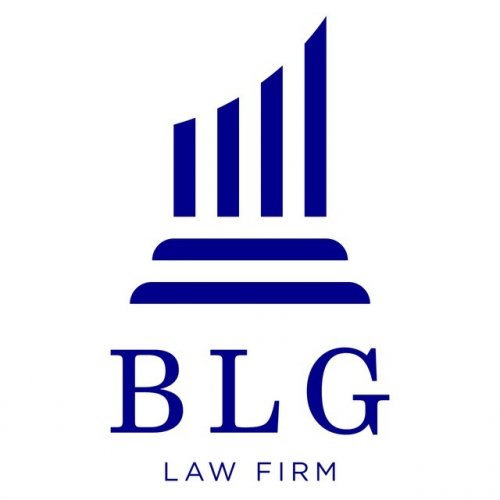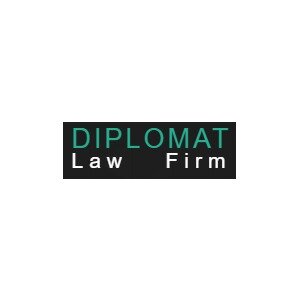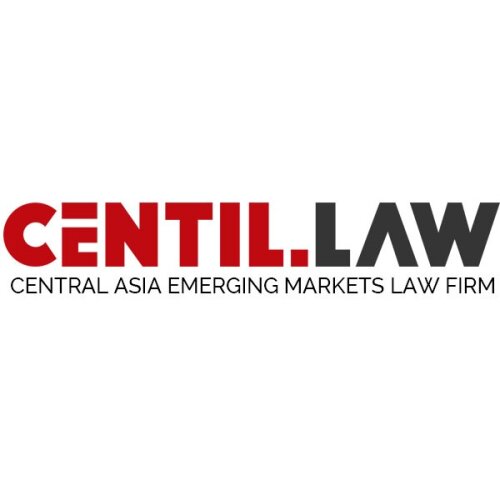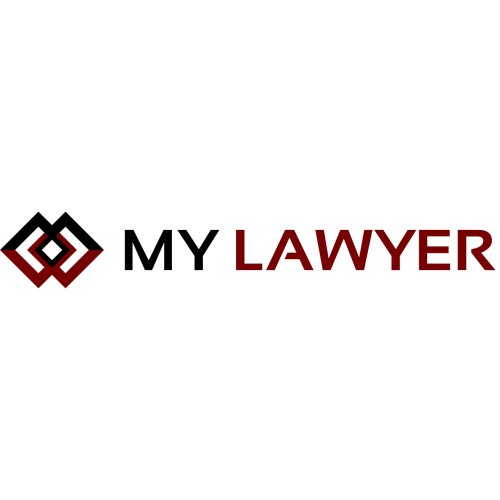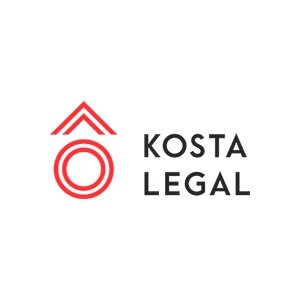Best Energy Regulatory Law Lawyers in Uzbekistan
Share your needs with us, get contacted by law firms.
Free. Takes 2 min.
Or refine your search by selecting a city:
List of the best lawyers in Uzbekistan
About Energy Regulatory Law in Uzbekistan
Energy Regulatory Law in Uzbekistan covers the set of legal rules, regulations, and administrative standards governing the exploration, production, distribution, and consumption of energy resources such as electricity, oil, gas, and renewables. As Uzbekistan continues its energy sector reforms and aims to enhance efficiency, transparency, and foreign investment, the regulatory landscape has continued to evolve. The sector is overseen by state authorities, with new legislation adopted to align with international practices and support growing energy demand, privatization, and renewable energy initiatives.
Why You May Need a Lawyer
Legal guidance is often crucial due to the complexity of energy sector regulations and the dynamic changes in Uzbek energy policy. Common situations where individuals and businesses may require a lawyer include:
- Negotiating and drafting energy supply or purchase agreements
- Navigating regulatory approvals, permits, and licensing procedures
- Addressing compliance issues with environmental and safety standards
- Managing disputes with regulators or between private parties
- Advising on taxation, tariffs, and price regulation
- Handling foreign investment in energy projects
- Help with renewable energy project development
- Participating in public tenders or privatization initiatives
- Understanding consumer rights relating to utility services
Retaining an experienced energy lawyer can help protect your interests, reduce risks, and ensure compliance with local laws.
Local Laws Overview
Uzbekistan has made significant strides in developing a robust legal framework for the energy sector. Important aspects include:
- Sector-Specific Laws: The Law on the Use of Renewable Energy Sources, the Law on Electric Power Industry, and new Petroleum Laws provide the foundation for the industry.
- Regulatory Authorities: The main governing bodies are the Ministry of Energy, the Ministry of Ecology, Environmental Protection and Climate Change, and the Antimonopoly Committee.
- Licensing and Permits: Energy generation, transmission, and distribution are subject to licensing and periodic compliance checks.
- Tariff Regulation: Pricing is regulated to protect consumers and ensure provider sustainability. Changes are typically subject to governmental approval.
- Investment Incentives: Special legal regimes and incentives exist for foreign investors, especially in renewables and modernization projects.
- Consumer Protection: Rights of end users are protected by both sectoral and general consumer laws, which provide for complaint procedures and remedies.
- Environmental Compliance: Strict standards regulate emissions, waste, and impacts on the environment, with significant penalties for non-compliance.
Frequently Asked Questions
What are the main entities regulating the energy sector in Uzbekistan?
The Ministry of Energy, the Ministry of Ecology, Environmental Protection and Climate Change, and the Antimonopoly Committee are the primary regulators in the Uzbek energy sector.
Do foreign investors receive any benefits in the energy sector?
Yes, the government offers tax breaks, regulatory support, and simplified licensing for foreign investments, particularly in renewable energy and infrastructure modernization projects.
What types of energy projects need a license?
Licenses are generally required for energy generation (including renewables), transmission, distribution, and large-scale import or export of energy resources.
How are electricity and gas tariffs determined?
Tariffs are set by government authorities based on the principles of cost recovery, affordability, and reliability, with consideration for both consumer protection and market efficiency.
What steps are involved in starting an energy project?
Typically, you must obtain permits, pass environmental reviews, secure financing, and sign power purchase or supply agreements. Legal due diligence is required at each stage.
Are there rules for renewable energy deployment?
Yes, there are specific laws and incentives promoting solar, wind, hydro, and bioenergy projects. Applications for renewable projects follow a specialized permit procedure.
What happens if a supplier violates energy regulations?
Violations can result in fines, loss of license, civil liability, and in severe cases, criminal prosecution. Regulatory authorities can halt or restrict business operations as a penalty.
Can a consumer challenge unfair billing or supply interruptions?
Yes, consumers are protected by law. Complaints can be made to the service provider and, if unresolved, escalated to regulators or the courts.
Are energy contracts enforceable in Uzbekistan?
Yes, provided contracts conform with mandatory legal requirements. Dispute resolution is commonly through Uzbek courts or, if agreed, international arbitration.
What compliance obligations do energy businesses face?
Businesses must comply with licensing terms, technical standards, environmental legislation, and reporting requirements. Regular audits and inspections are common.
Additional Resources
For further guidance and support on Energy Regulatory Law in Uzbekistan, the following resources can be valuable:
- Ministry of Energy of the Republic of Uzbekistan
- Antimonopoly Committee of the Republic of Uzbekistan
- Ministry of Ecology, Environmental Protection and Climate Change
- Chamber of Commerce and Industry of Uzbekistan
- State Committee for Investments
- Uzbekistan Association of Renewable Energy Sources
- Local legal associations and bar associations specializing in energy and environment
Next Steps
If you require legal advice or services related to Energy Regulatory Law in Uzbekistan, consider the following actions:
- Identify the specific issue you face or the project you plan to undertake
- Prepare relevant documents, such as contracts, permits, or correspondence
- Consult with a qualified legal professional specializing in energy law for initial advice
- Ensure your lawyer is well versed in local regulations and has experience handling similar cases
- Follow the lawyer's guidance for engaging with regulatory authorities or dispute resolution bodies
- Keep records of all interactions with suppliers, regulators, or business partners for future reference
Early legal consultation can save time, resources, and help you avoid costly pitfalls in Uzbekistan's dynamic and evolving energy regulatory environment.
Lawzana helps you find the best lawyers and law firms in Uzbekistan through a curated and pre-screened list of qualified legal professionals. Our platform offers rankings and detailed profiles of attorneys and law firms, allowing you to compare based on practice areas, including Energy Regulatory Law, experience, and client feedback.
Each profile includes a description of the firm's areas of practice, client reviews, team members and partners, year of establishment, spoken languages, office locations, contact information, social media presence, and any published articles or resources. Most firms on our platform speak English and are experienced in both local and international legal matters.
Get a quote from top-rated law firms in Uzbekistan — quickly, securely, and without unnecessary hassle.
Disclaimer:
The information provided on this page is for general informational purposes only and does not constitute legal advice. While we strive to ensure the accuracy and relevance of the content, legal information may change over time, and interpretations of the law can vary. You should always consult with a qualified legal professional for advice specific to your situation.
We disclaim all liability for actions taken or not taken based on the content of this page. If you believe any information is incorrect or outdated, please contact us, and we will review and update it where appropriate.
Browse energy regulatory law law firms by city in Uzbekistan
Refine your search by selecting a city.



